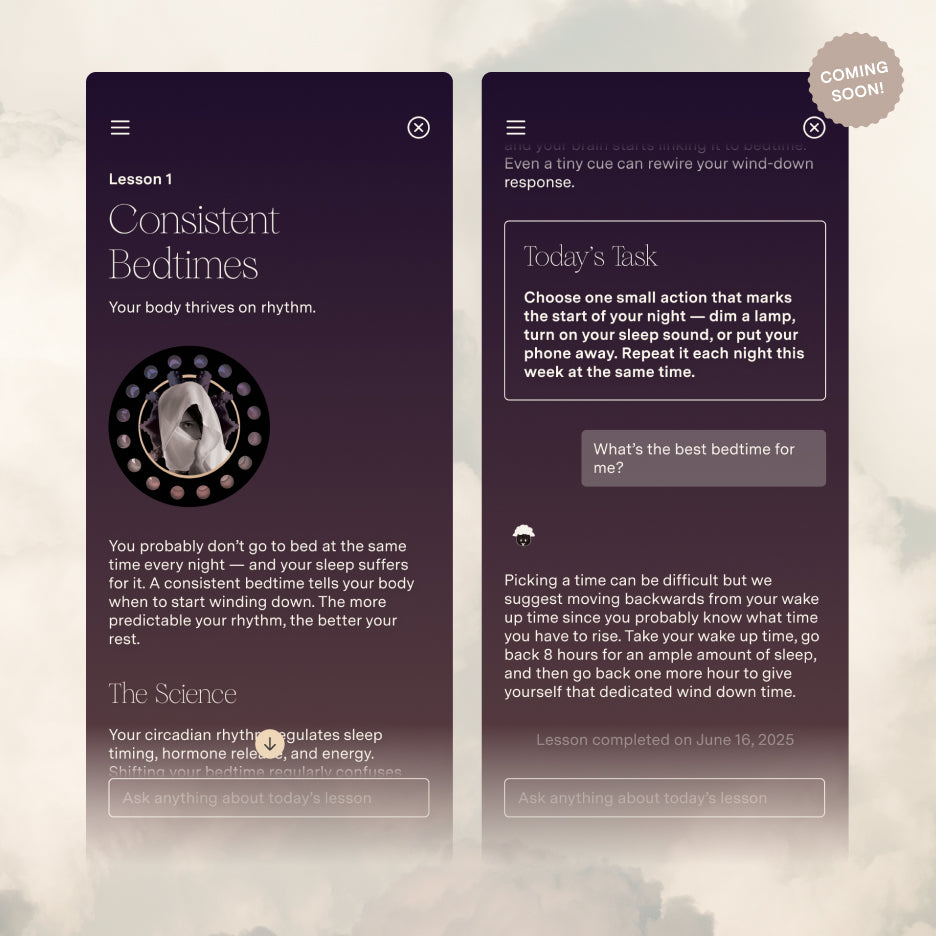In our hyper-connected world, social media seems like an unavoidable part of growing up. Platforms like Instagram, TikTok, and Snapchat dominate the cultural landscape, shaping trends and facilitating communication. While it’s tempting to let kids dive into the digital realm early on, there are compelling reasons to hold off on social media until they’re at least 16. Here’s why waiting is worth it:
1. Mental Health Matters
The teenage years are a critical period for mental and emotional development. Social media can be a double-edged sword, with its pressures, comparisons, and constant notifications potentially exacerbating issues like anxiety and depression. Research shows that increased social media use is linked to higher rates of mental health challenges among teens. By delaying access, we can help young people focus on building healthy self-esteem and coping skills in a less pressured environment.
2. Developmental Readiness
Children’s brains are still developing until their mid-twenties, particularly areas responsible for impulse control and decision-making. Social media demands quick reactions and often involves navigating complex social dynamics. Teens who are still developing these skills may struggle to handle cyberbullying, peer pressure, and the potential for harmful content. Waiting until they’re older allows them to approach social media with a more mature perspective.
3. Privacy and Security Concerns
Privacy on social media is a major concern. Children are often less aware of how to manage their privacy settings or the potential risks of oversharing personal information. By waiting until they’re 16, teens are better equipped to understand and manage their digital footprints, protecting themselves from online predators and data breaches.
4. Academic and Social Balance
Social media can be a significant distraction from academic responsibilities and face-to-face interactions. Studies have shown that excessive use of social media can negatively impact academic performance and reduce the quality of real-world relationships. Encouraging kids to engage in offline activities—sports, hobbies, and family time—builds a well-rounded skill set and helps maintain a healthy balance between their online and offline lives.
5. Building Resilience
Navigating the complexities of social media requires a certain level of resilience. Delaying access until 16 gives kids more time to develop resilience and critical thinking skills. They’ll be better prepared to handle online conflicts, manage digital identities, and engage with social media in a more informed and thoughtful way.
6. Fostering Real-World Connections
Face-to-face interactions are crucial for developing social skills and emotional intelligence. Early exposure to social media can sometimes lead to superficial interactions, overshadowing the importance of meaningful, in-person relationships. Allowing kids to focus on building strong, real-world connections before diving into the digital world helps them cultivate empathy and communication skills that are vital for personal and professional success.
7. Parental Guidance and Oversight
Teenagers are more likely to navigate social media responsibly when they have reached a level of maturity and can benefit from parental guidance. Waiting until age 16 allows for a more measured approach, where parents and guardians can provide support and establish boundaries as their teens engage with social media. This collaboration can foster a more positive online experience.
8. Understanding Online Etiquette
Navigating social media involves understanding online etiquette, the impact of one’s digital footprint, and the nuances of digital communication. Older teens are more likely to grasp these concepts, leading to more responsible and respectful online behavior. By waiting until they’re 16, kids can approach social media with a better understanding of its implications.
In Conclusion
While social media is an integral part of modern life, delaying access until at least age 16 can offer significant benefits for mental health, privacy, and overall development. By allowing kids to mature before diving into the digital world, we’re setting them up for a more balanced and informed experience. Ultimately, it’s about ensuring that when they do step into the realm of social media, they do so with the tools and resilience needed to navigate it successfully.
























